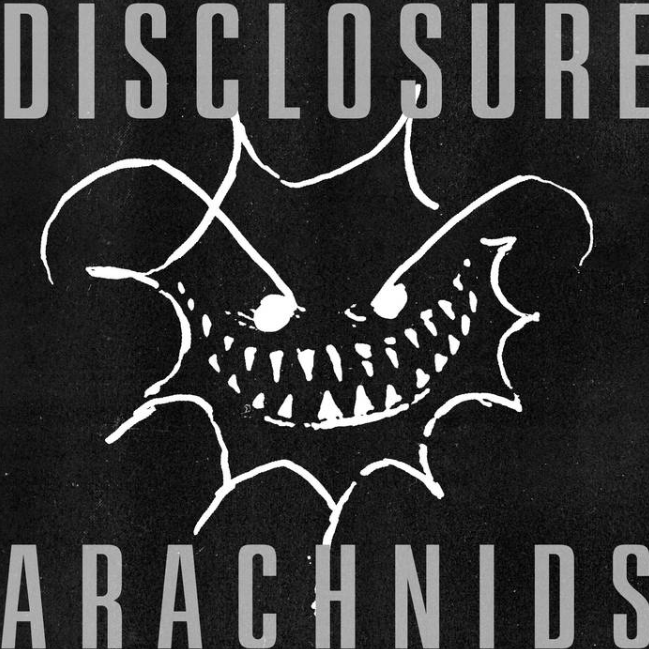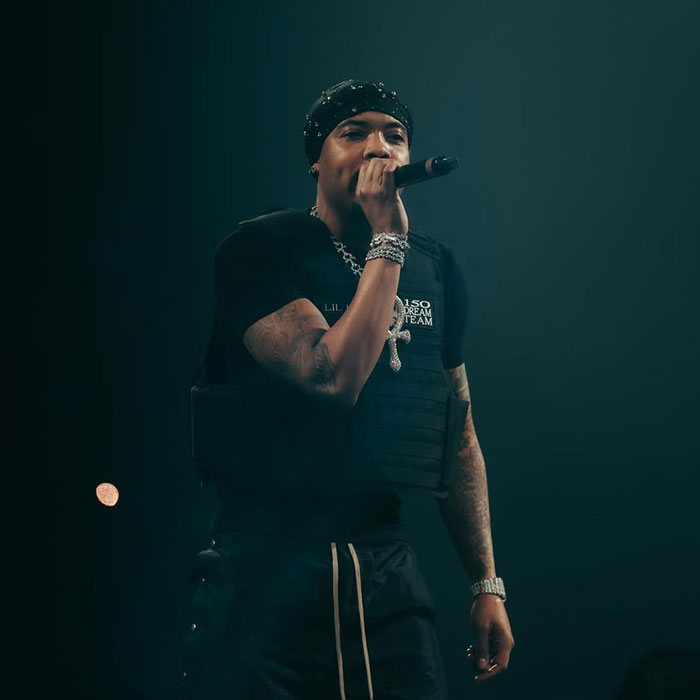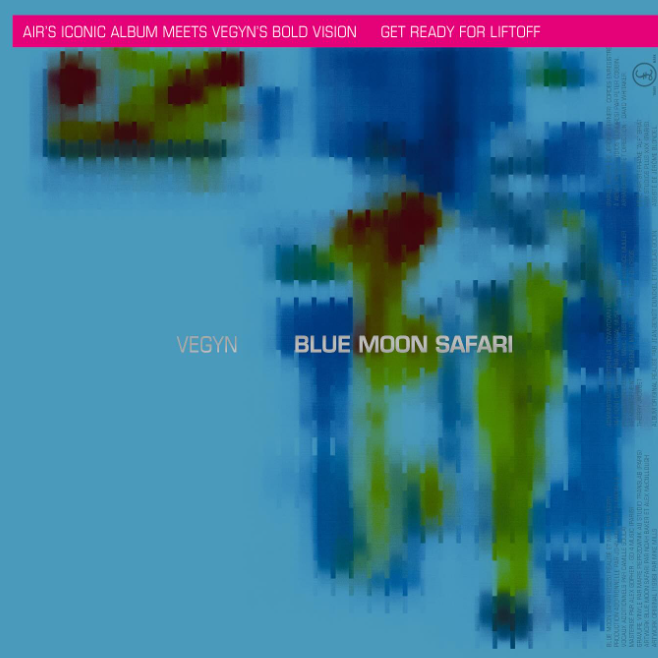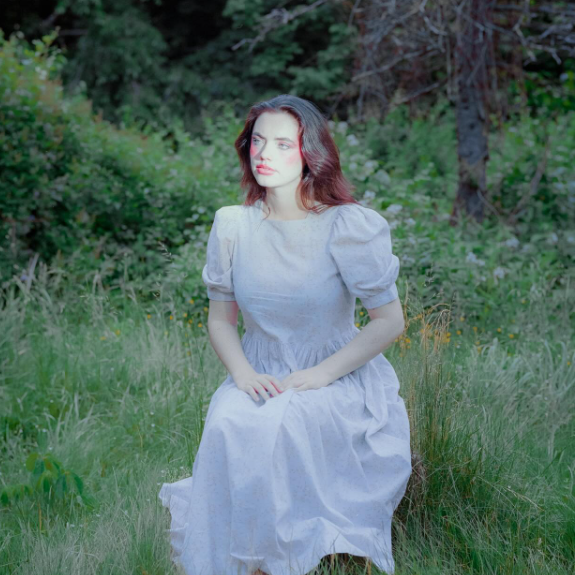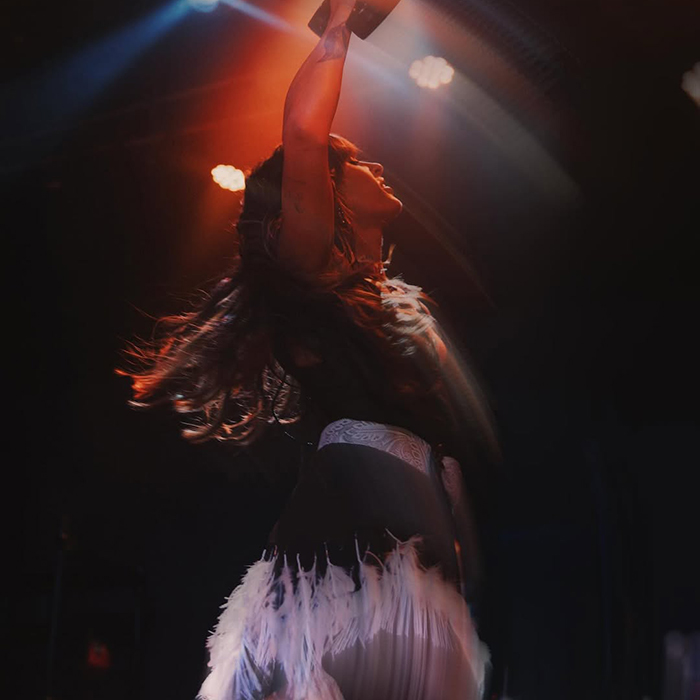The cover art for ‘Atavista,’ the Childish Gambino reissue of his fourth studio album, ‘3.15.20.’
It’s a trend we see often in music nowadays, treating albums like video game versions. Perhaps pioneered by noted tinkerer Kanye West (even well past a project’s actual release), the pattern has continued well past The Life of Pablo, most recently with an addition-by-subtraction move by J.Cole, pulling his “7 Minute Drill” diss off of Might Delete This Later. Arguably no post-release swap is as grandiose and sweeping as what Childish Gambino just did with Atavista, reprising the work previously released on his 3.15.20 some four years later. Here’s everything you need to know about what Childish Gambino accomplished on Atavista.
An Explosive Open Stays Intact
To start with the premise of the project, 3.15.20 was presented as the “final Childish Gambino” album back in 2020. Anyone with a pulse will recognize the proximity of that release date to some genuinely world-shaking events. Though the project preceded the Covid era proper by a matter of days, it shares some overlap with what most identify from that time period. Carried to an overall positive finish by raw emotion and conceptual execution, the raw mix quality was a mixed bag for many, no doubt a conclusion shared by Glover given this reissue.
The title track and “Algorhythm,” the two-step that begin the project, succeed in the same way they did originally. Two contrasting solo performances set the table for the multidisciplinary body of work that follows. As the shortest songs featured here, though, there’s the least room for development and iteration. That’s to say nothing of either song’s quality, but for those who checked into the original version, you’ll likely have the same opinion at the end of both runtimes.
The Guest Cast Childish Gambino Recruits For Atavista
“Time” is where we really get into the meat of what’s before us. Glover and Grande’s performances on the song are gorgeous, as are the choir harmony sections that intermittently cut in. Ultimately, though, “Time” is worse than the sum of its parts. The Windows Pinball-esque synth and seemingly randomly placed autotune are commitments to the bit in the negative; overstaying their welcome for the majority of this 5+ minute piece. Though resolved in beautiful, sprawling fashion at the tail end, it’s those two pieces’ overwhelming presence that makes this one dead in the water—a shame given the two main artists’ clear chemistry.
“12.38” was a clear standout upon the release of 3.15.20, for many who considered the song one of that year’s absolute best, there’s sure to be some demoitis. Heavy doses of reverb appear to be the most significant change, filling out the mix in the process but sacrificing some “rough around the edges” charm that conceptually meshed well with the “seat of your pants” narrative. Nonetheless, Gambino’s storytelling ability and wit are nigh undeniable here, manifesting musically with the double use of Bonet’s song-within-a-song both diegetically and as a bridge. 21 Savage, a surprise appearance back in 2020, is characteristically cool, some needed contrast to the frenzied Glover performance at the heart of “Psilocybae.”
Young Nudy And Summer Walker Shine In Newly Added Sections
Atlanta makes a major appearance with “Big Foot, Little Foot.” Young Nudy enters the mix for this folk inversion of a classic hip-hop formula. It’s truly a love-it-or-hate-it kind of proposition—Childish Gambino essentially riffs over Americana instrumentation in the first half before Nudy takes the reigns in the shapeshifting second leg. If you can agree with the premise of a largely asymmetrical single, it’s plenty catchy, but your motive may vary on whether you trip before it gets out the break.
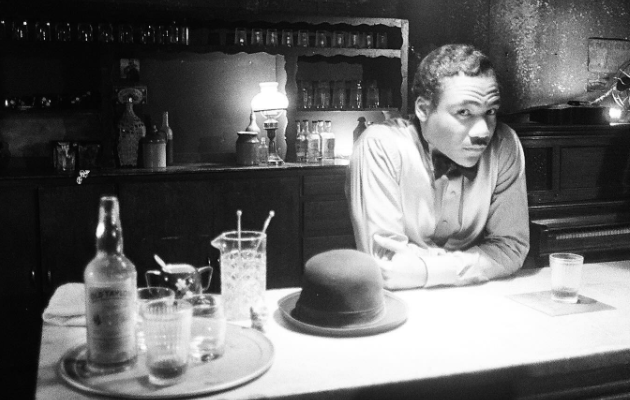
To this point, Atavista isn’t an unenjoyable listen by any stretch of the imagination, but it’s closer to a mixed bag than a perfect record. Banking on the pros ends up being the right move by the time we reach the one-two punch of “To Be Hunted” and “Sweet Thing.” Put plainly, the former is probably the best song on Atavista and is in contest for the best Childish Gambino song period. An already rich instrumental is jazzed up in the re-recording, amplifying the wisdom-laden conceit of the song and the stellar vocal performances woven into it.
The original “19.10” was one of the more popular cuts from 3.15, making the success of “Sweet Thing” easier to track. Summer Walker cuts in around the midpoint, flexing her muscles in a more traditional singer-songwriter lane and stealing the show in an already dazzling arrangement around her.
The End Of Atavista and the Looming End Of Childish Gambino?
The project nears its end with two tracks that are summery in opposite ways. While “Human Sacrifice” finds its home base in house-adjacent electronic tones, “The Violence” is marked by airy string lines and maracas. It’s not a perfect comparison, but taken as a set, it’s almost as if “Feels Like Summer” was split straight down the middle, two halves of that vibe-heavy song flipped into their own full pieces. “Final Church” is Gambino at his most eclectic, repeating the wailing and breathy emotes of Awaken, My Love in a dramatic closer.
At the risk of repeating, this is not a perfect album. Though mixing was a particularly weak point of the project it builds upon, the promise of another Childish Gambino project post-Atavista feels like a tacit admission that even this writer acknowledges some deeper flaws in the source material that can’t be remedied by remaster alone. But the highs of this new version remind what a singular talent Childish Gambino is, a bittersweet conclusion if there’s truly only one more full length in the chamber.
You can find Atavista and the full Childish Gambino backlog on streaming services everywhere. If you’d like to compare between the two versions, 3.15.20 remains available on YouTube and Apple Music as one full piece.
Staying on hip-hop, check out our review of Vince Staples’ Dark Times.







